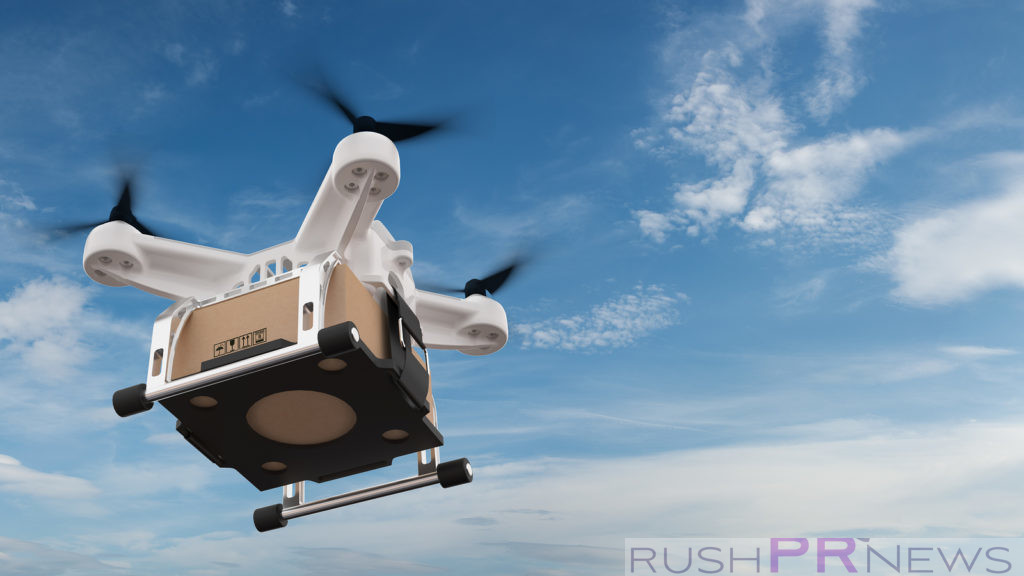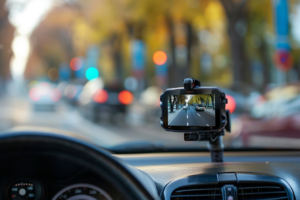Drones, or unmanned aerial vehicles, are helping to save lives through efficient delivery of medicines, vaccines and other life-saving items in remote areas. They also are helping in disaster rescue operations.
Earlier this spring, the global vaccine alliance announced a plan to use drones, flying in from four distribution centers, to deliver on-demand drugs and blood products to health facilities in Ghana. The goal would be to make the deliveries within 30 minutes of receiving the order via text message, according to an article by Reuters News Service. A similar project in Rwanda has completed more than 13,000 deliveries of blood since it began in 2016, the article said.
UNICEF has undertaken a number of projects using drones to provide aid. For example, the Republic of Vanuatu, in partnership with UNICEF, has begun exploring the use of drones on its 83 small islands. It has recently awarded contracts to two commercial companies to deliver vaccines to children in remote areas. One-month-old Joy Nowai became the first child to receive a vaccine in this way.
In addition, drones also have been used as flying ambulances, bringing defibrillators to the scene of patients under cardiac arrest. The drones arrive within minutes and are retrofitted with the defibrillators and a video camera. The operator tells the caller how to use the defibrillator while watching via the camera. These types of drones have been used to save lives and prevent brain damage in Norway, Drones have also provided aerial views to enable rescues in Haiti and Nepal . Non-governmental organizations have used drones to aid in relief, rehabilitation and recovery in the Philippines in the aftermath of Super Typhoon Haiyan. Drones also have provided food to malnourished childrenin Africa. Cutting out the middlemen in these African countries eliminates corrupt practices in which food has been distributed in exchange for slavery or prostitution.
Research continues to find additional ways to use drones to improve health and provide other forms of humanitarian aid. UNICEF and the government of Malawi have launched an air corridor to test additional humanitarian use of drones. UNICEF and the government of Kazakhstan are testing the use of drones in emergency preparedness. Additionally, the UNICEF Innovation Fund continues to offer non-equity funding to startup technology companies that potentially could benefit society through the use of drones. ELRHA also supports research and innovation into the humanitarian potential of drones.




